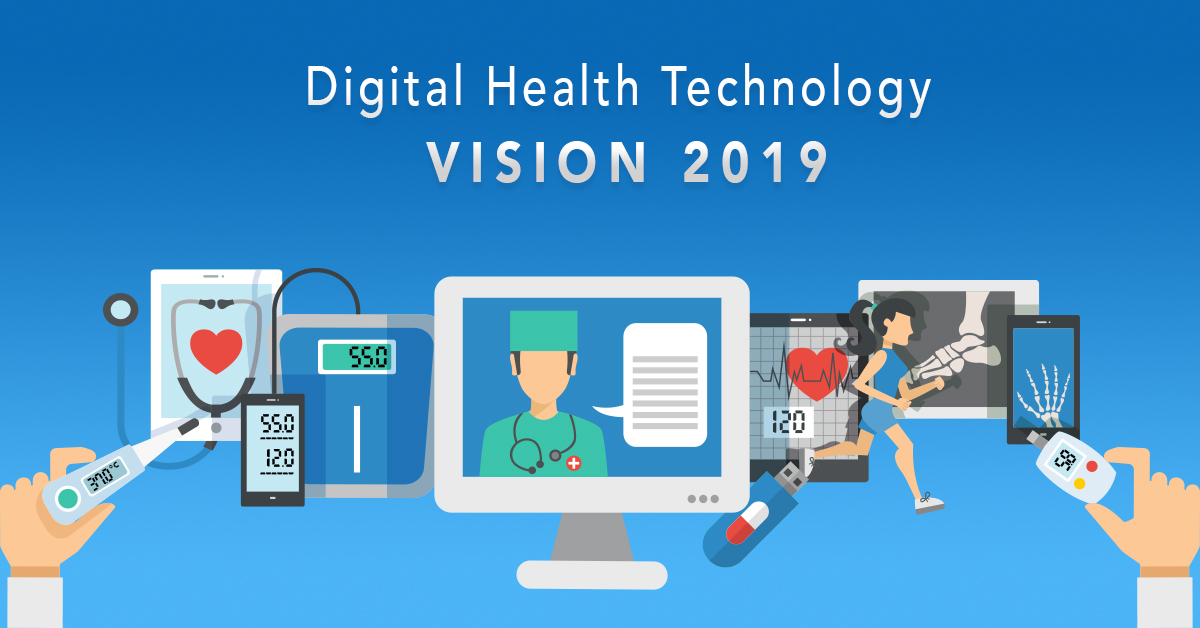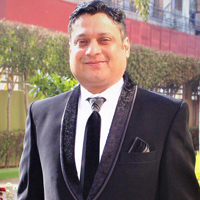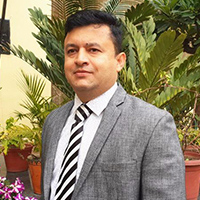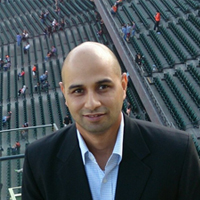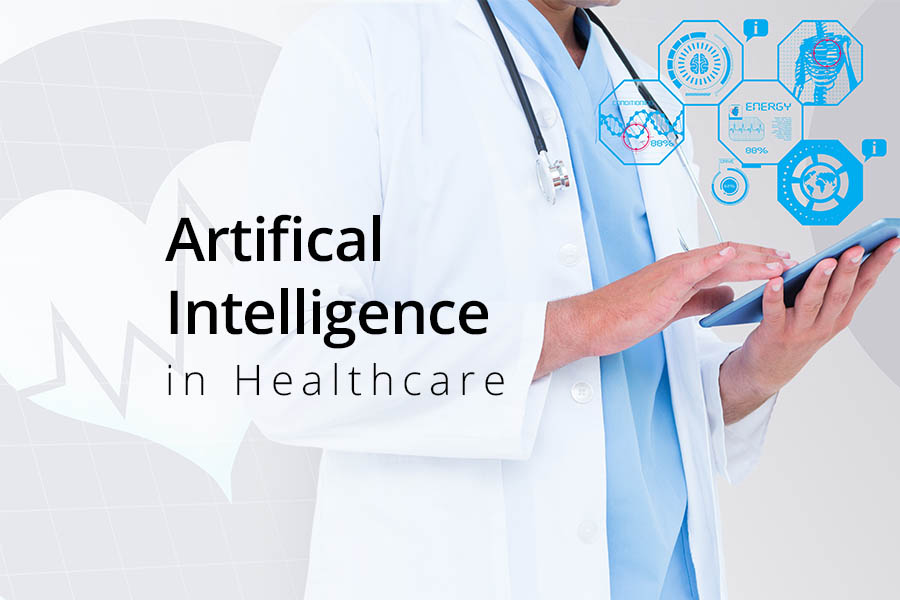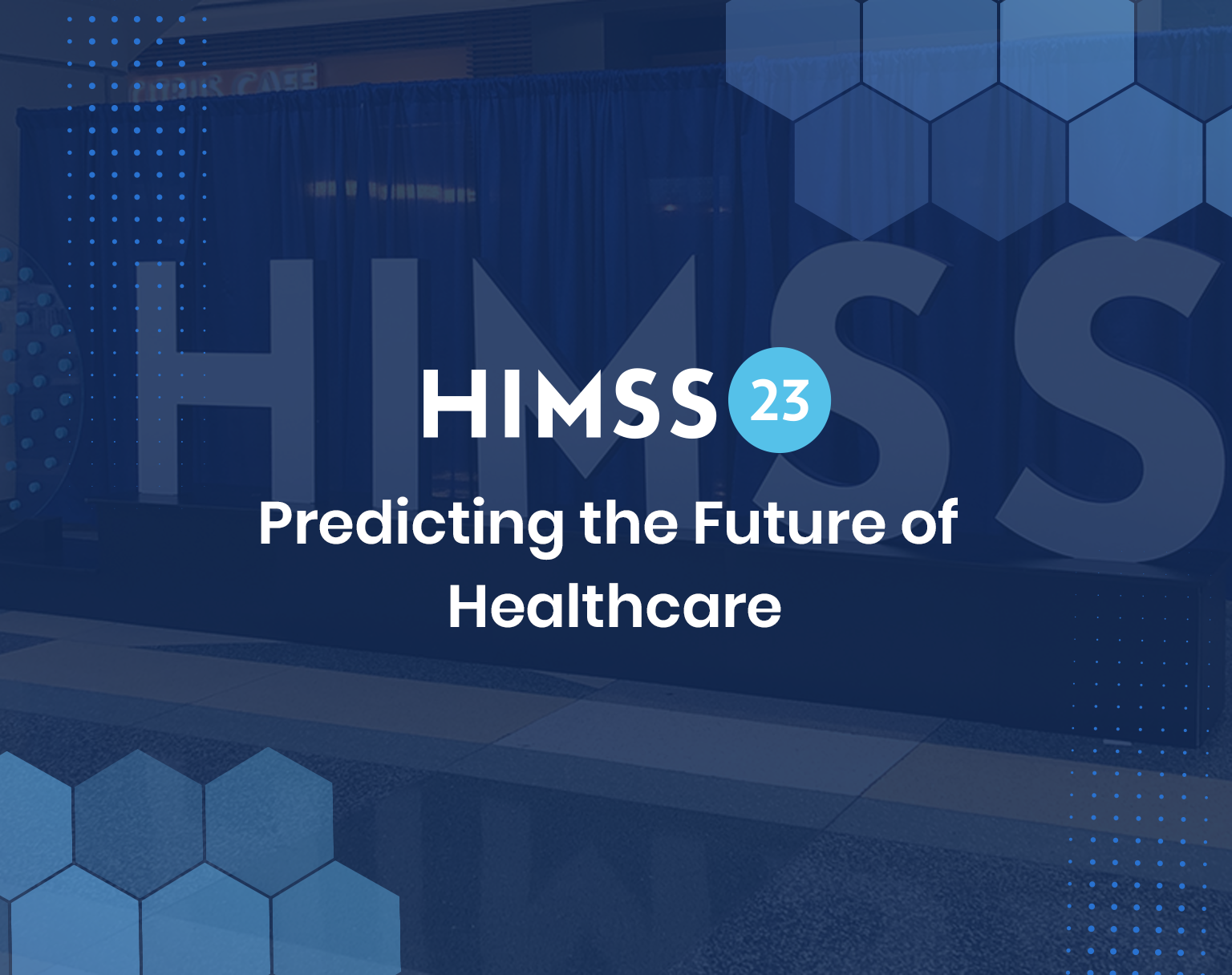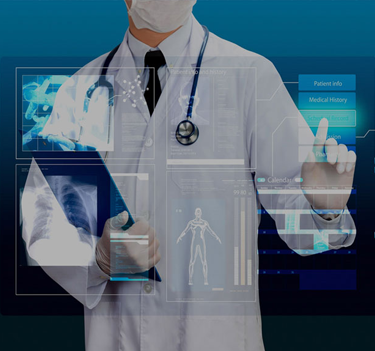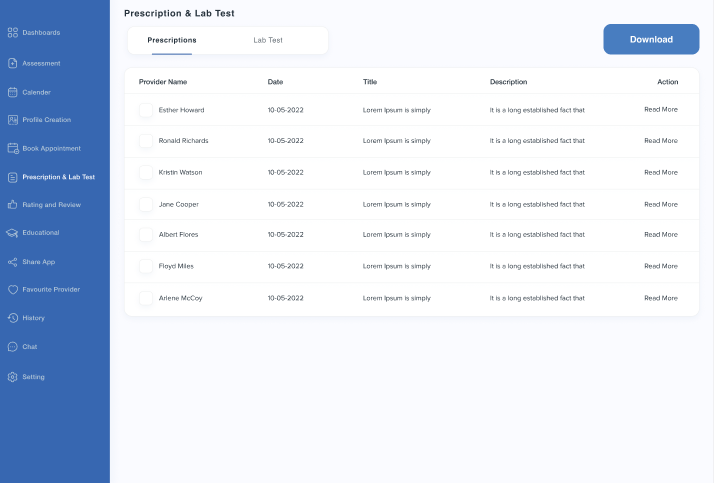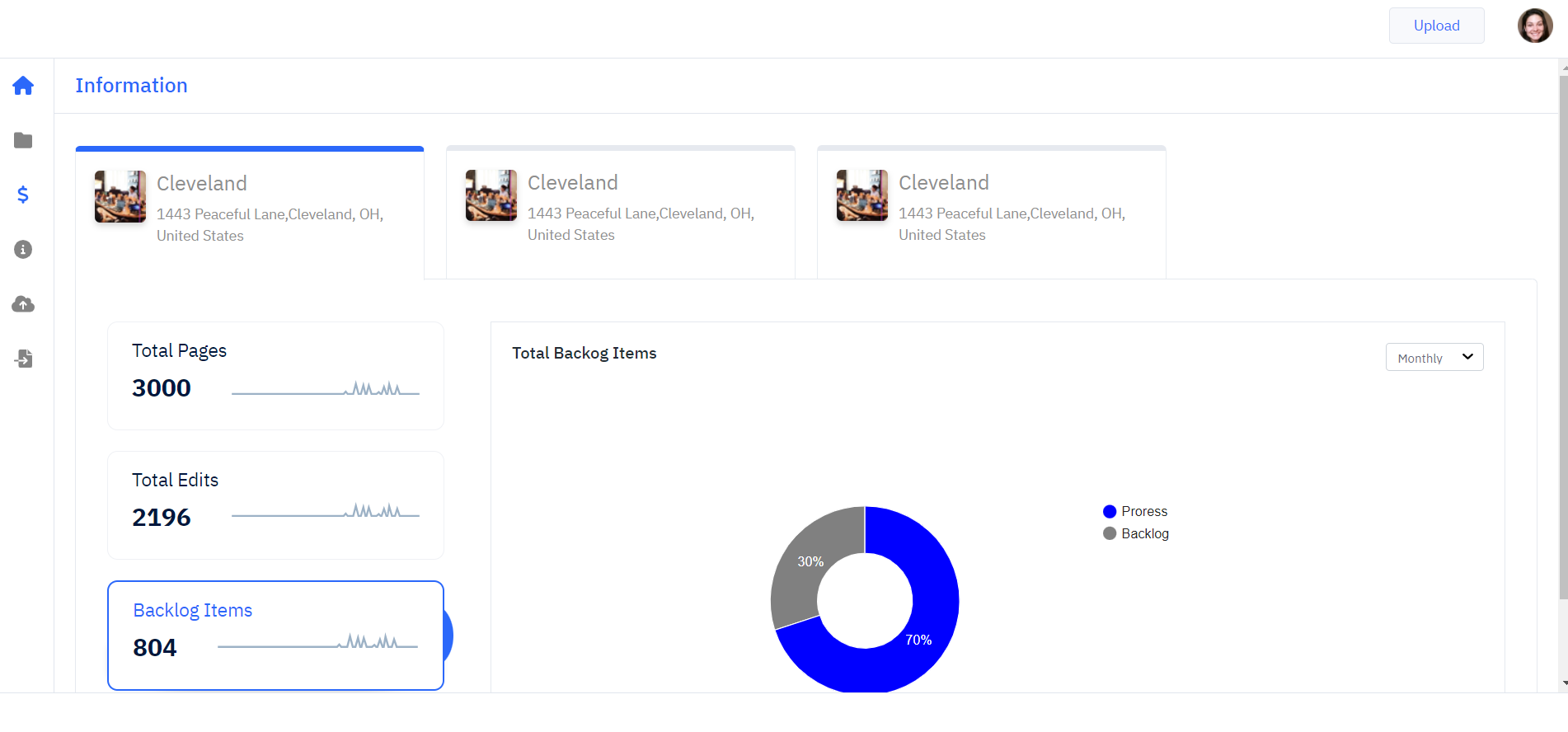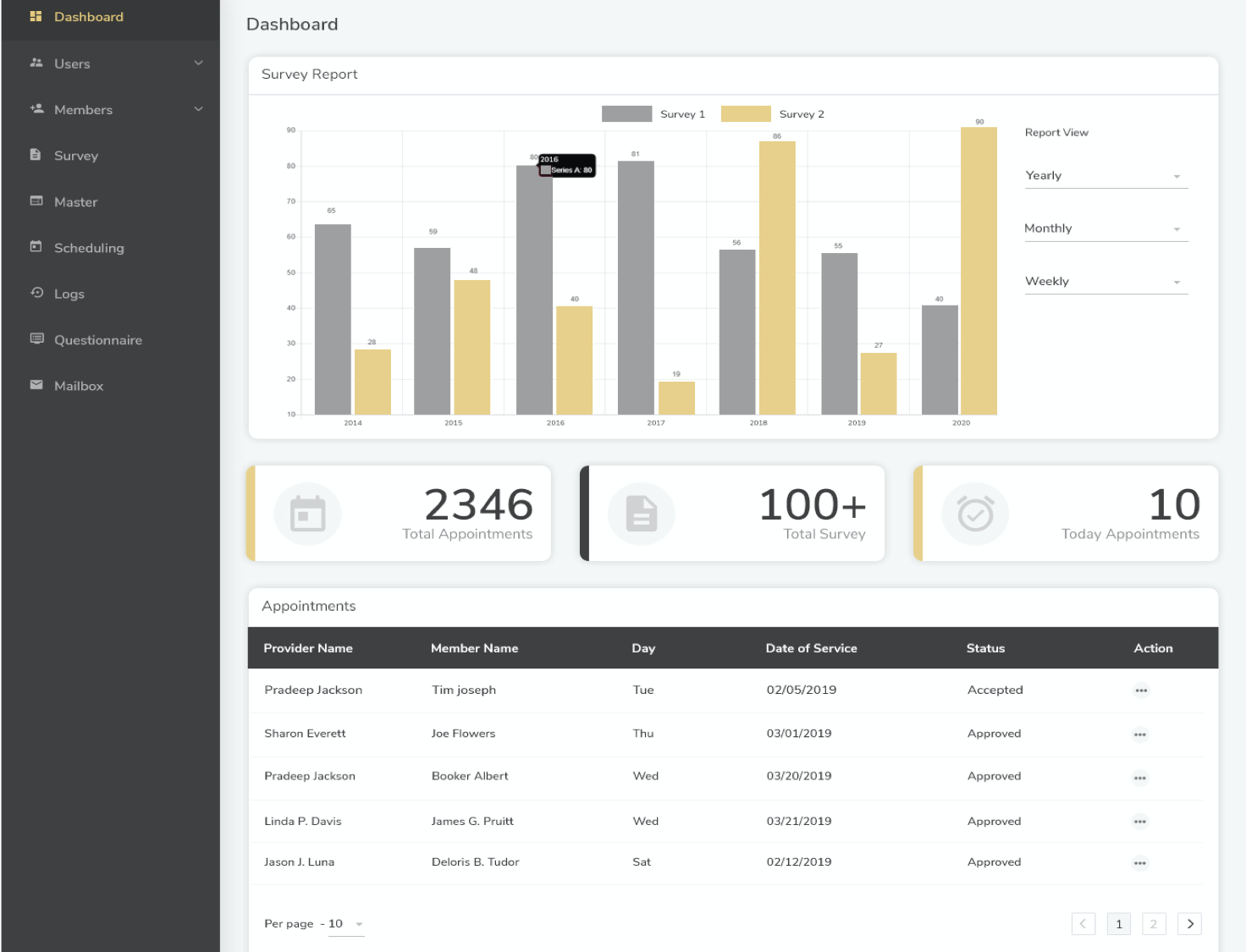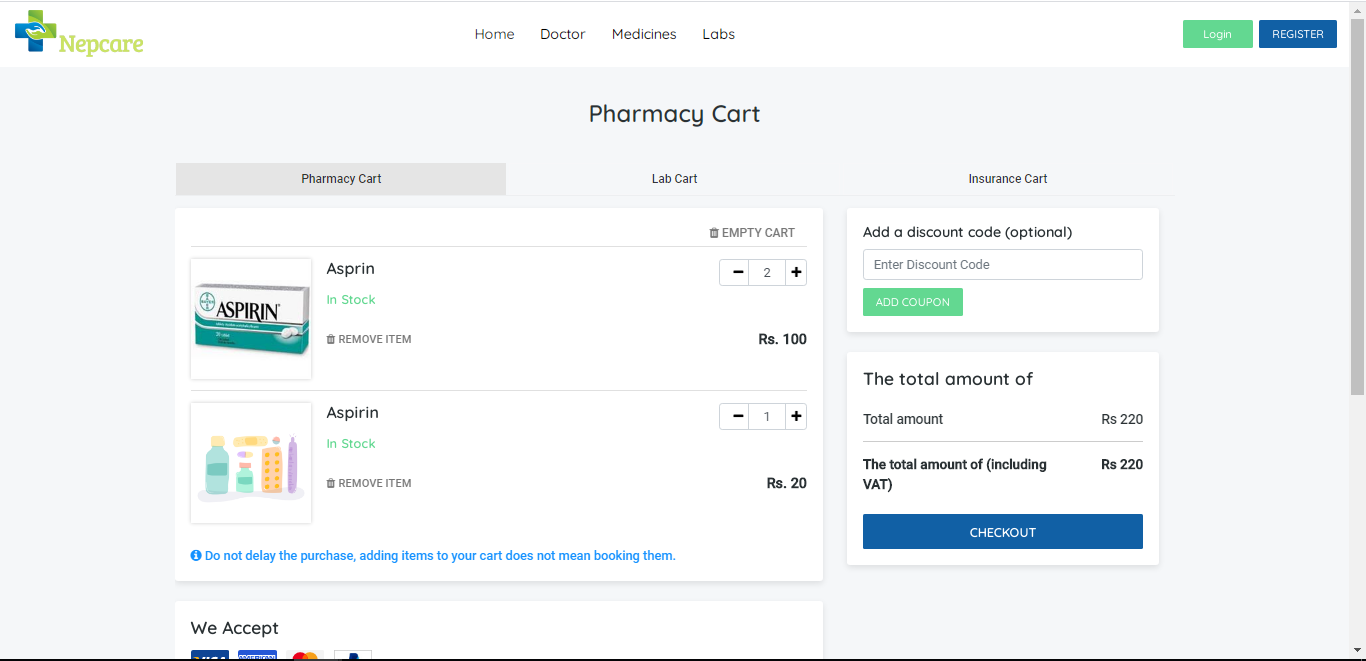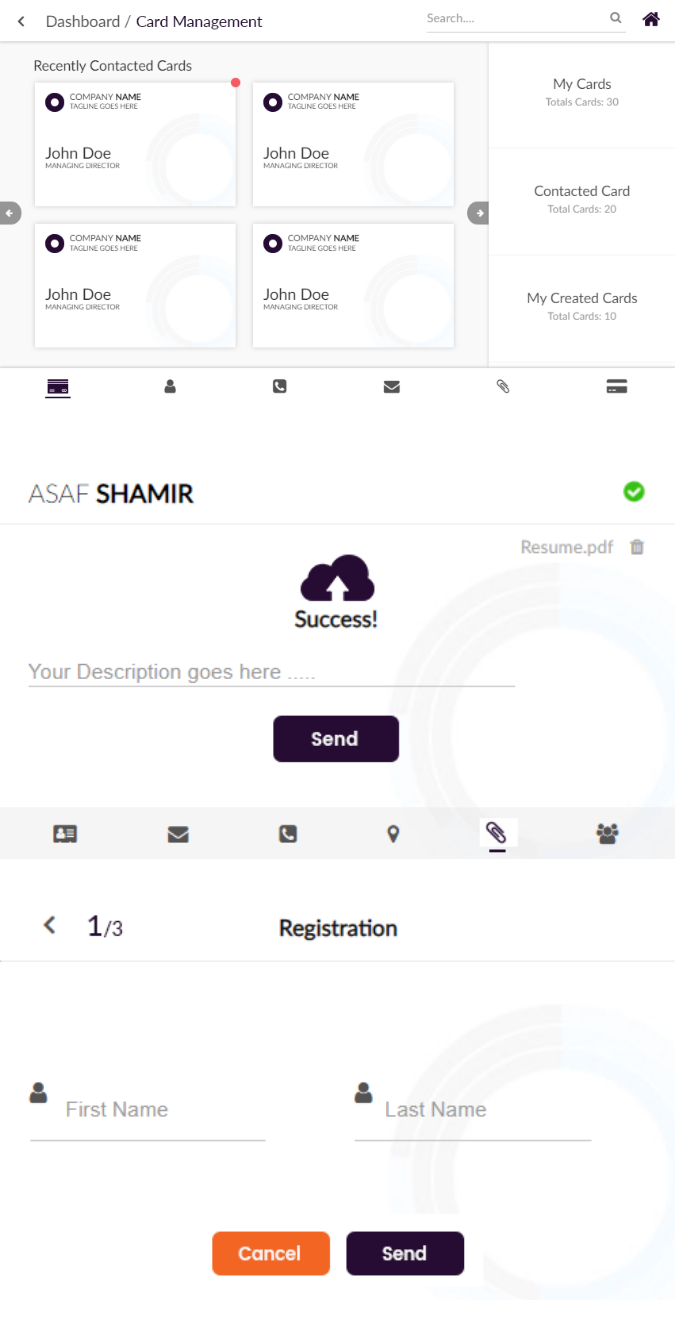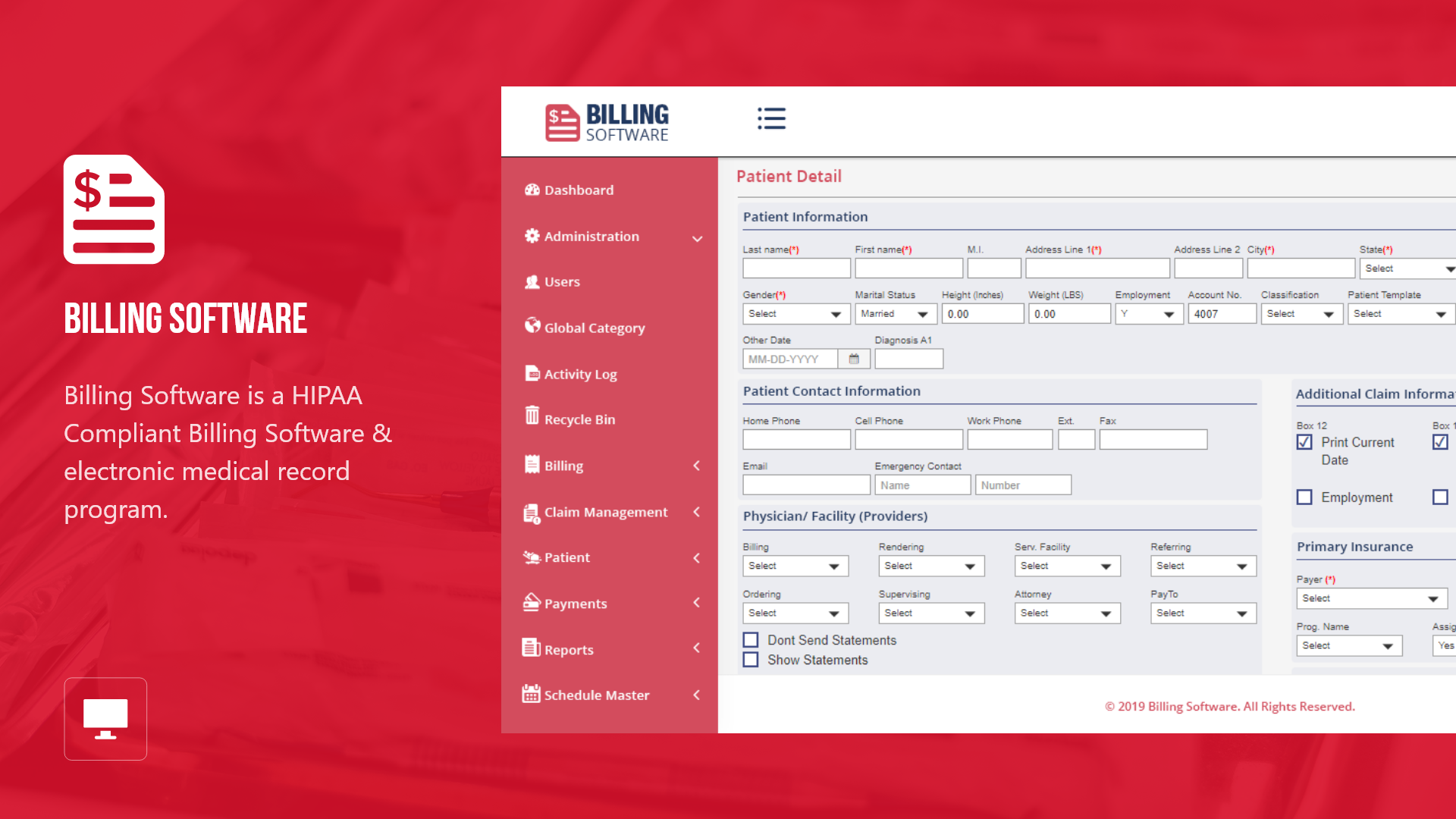Digital Health – Vision 2019
The Opportunity
The meteoric rise of digital technology has enabled the disruption of many disparate industries. Yet health care, which represents about 10% of global GDP, has lagged from other sectors. While healthcare has historically been slow to adopt technology, the industry is already experiencing transformation. The digital health industry is expected to reach $206 billion by 2020. Large companies and market leaders are already redefining themselves with digital transformation, with prime focus on their main functional areas with customer-centric approach.
The change is hectic, as big data and the ability to crunch it will deliver actionable insights that will increase health care’s reach, efficiency, accuracy, and value. This is the need of the hour as well, because the demand for services is on the rise at the same time that the need to reduce costs is becoming ever more acute. The aging of the big Boomer generation, the rising prevalence of individuals with multiple chronic conditions, the already anticipated shortage of both primary care and specialist physicians, and the ever-increasing health care costs all are exerting pressure on a system which is ripe for disruption. Digital technology has disrupted many industries and healthcare is no exception.
Mobile Apps are emerging as the single largest tools in digitalizing approach to healthcare and Individuals’ Engagement in Self-Care. Improving health is a universal goal of doctors, patients and health care systems. The proliferation of mobile apps as health parameters indicators and means to help people manage their own health promises to make a real change in individuals’ lives. According to a Deloitte report, people who are engaged in their own health care have better outcomes. Chances of preventing disease or treating it early are more possible for the person and more cost-effective. Mobile apps offer a chance for individuals to identify problems early on while motivating them to adopt better health behavior and improve life styles. The rise of mobile apps changes the status quo of medicine: According to a medical expert patients empowered with knowledge can take action. When patients are educated and proactive, physicians have to become their guides in the jungle of health care information.
At the same time that providers are being pushed forward by the digital surge, health care system leaders are grappling how best they can leverage from the vista of opportunities it opens up as large data can now be put to proactive use. While hospitals still hold the chunk of such data, captured in electronic health records, most health care systems still operate with fragmented data, leading to challenges in generating actionable insights for their providers. Therefore, distributing transaction records through a peer-to-peer system with a shared digital ledger is a way to improve the availability and integrity of information. Block chain technologies make it possible for a large numbers of users to faithfully and securely gain access to a common ledger, all without requiring a basis for trust between parties. As digital transformation in healthcare moves forward, nurturing this combination of security, portability and ready accessibility is imperative to an array of technology trends in healthcare, including IoMT devices and cloud-based hosting. Any kind of device that senses and communicates health data is part of the so-called health care internet of things, or IoT or ioMT. Expectations of growth in this sector are robust. Experts predict a proliferation in the number of companies that emerge to specialize in population health management, health information systems, and health care data and analytics, based on their ability to integrate data from multiple sources and use it to target individual and population health.
Artificial intelligence (AI) kicks in big time for interpretation and utilization of data including patient medical history records, treatment data and lately information coming from wearable health trackers and sensors. This kind of data could be analyzed in details not only to provide proactive patients with suggestions on all aspects including lifestyle, but it could also be used as instructive pieces of information while customizing health care based on the needs and habits of patients.
It yet remains to be seen how Digital technologies, will be able to support creating actionable insights that will help expand precision medicine, transform care delivery, and improve patient experience and as a whole consolidate the scattered healthcare sector into a compact digital Pandora’s box.
Digital technologies must cater to both patients and providers equally along with:
- Enable easy access to patients and providers with user friendly mobile and digital interface. including the patient’s home
- Enable remote monitoring of patients, for example their blood glucose or blood pressure levels.
- Impart knowledge and ownership to individuals of their own health and wellness
- Increase accuracy, standardization, and efficiency of intermediatory platforms and services delivered. Allow seamless communication among providers and health systems
- Leverage all available tools such as artificial intelligence, Telemedicine, Telehealth, M Health Apps· Enable more and more industries to adapt the mobile payment method, resulting in time saving and alleviating monetary tracking that will make for smooth transactions. Mobile payments also make payments made during odd hours and emergency situations manageable and trusted.
- Make healthcare available to masses at reduced costs through the use of all available digital technologies and data convergence.
Vision 2019
The year 2019 must witness mobile and digital integration in the healthcare industry and data convergence to bring medical providers and patients a new relationship level of trust, ease, and satisfaction across a global platform. All in all, the grand vision 2019 is tailoring healthcare to each patient’s individual age, gender and health condition and all that at the click of a button.




